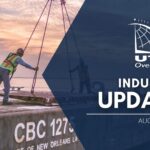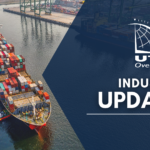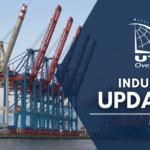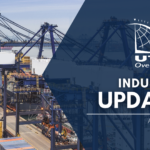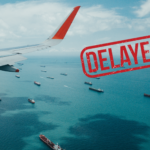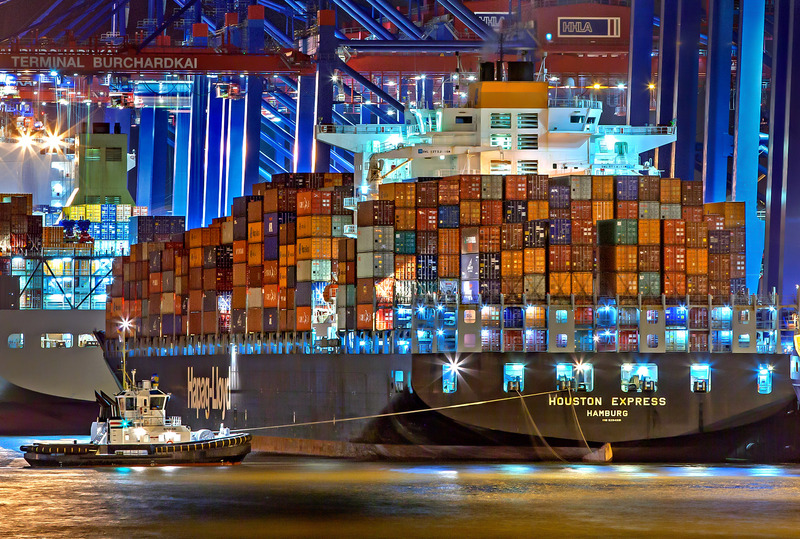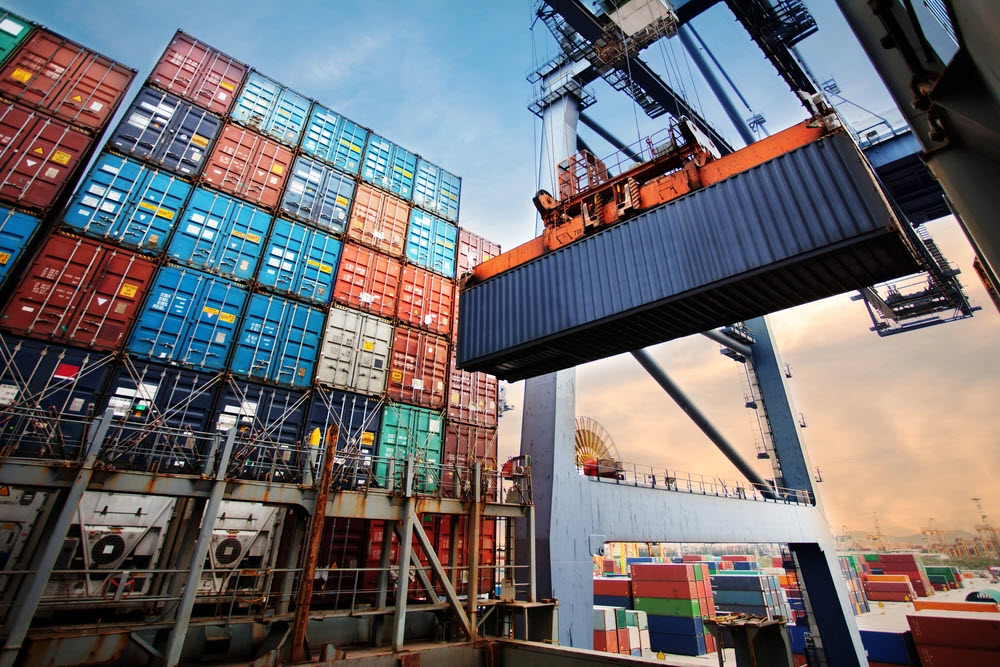Industry Update Aug 2022
August 2022 Industry Update
Inflation, strikes, military drills and droughts are making it more difficult to navigate the international supply chain.
Here's what you need to know today.
-
- Escalating strikes in the UK among transportation workers; union calls for 8-day strike at Felixstowe
- China’s military drills disrupt trade in Taiwan Strait
- US efforts to reduce transportation costs and delays
- Critically low water levels exacerbate European energy crisis & transportation woes
Labor negotiations in the UK remain tense, with disputes over pay and inflation playing a key role.
-
- Rail workers walked off their jobs on several occasions, airports and airlines are experiencing labor shortages resulting in canceled flights and delays, and now, the union at Felixstowe, the UK's largest container port, has called for an eight-day strike beginning August 21. (AJOT)
- Talks broke down between Unite Union and Hutchison Ports UK, with each side blaming the other for the stalemate. The dispute is over pay. The initial offer presented to the union was for a 7% increase, which the members would not agree to since inflation in the country is 11.9%. The port upped its offer, but it still was not enough to satisfy the union, which is threatening a full shutdown. (The Loadstar)
- Felixstowe is a key hub, accounting for half the UK's container trade. A strike will have an impact on international maritime trade beyond the UK. Liverpool is viewed as an alternate port if the strike moves forward, and the union at that port will vote next week on possible strike action if their pay dispute is not settled. (JOC)
-
- Shipping in the Taiwan Strait is returning to normal, but risks remain as China is still carrying out military exercises. The Taiwan Strait is a key route for supply chains and commodities and is one of the world's busiest waterways. Bloomberg data shows close to half the global container fleet transiting through the Strait this year. (Bloomberg)
- The military drills were in reaction to US House Speaker Nancy Pelosi's visit to the region last week. Ships were warned to avoid certain areas by local branches of China's maritime safety administration. Some carriers rerouted their vessels, taking longer routes to reach Taiwan, while others navigated around the drill zones. Exercises were slated to be done by Sunday, but were still ongoing until Wednesday, Aug 10. They are now completed, but China will conduct “regular patrols” moving forward. (Reuters)
- China is also conducting drills in other areas along the coast, but the Taiwan Strait is an important shipping lane that will have a strong impact on global supply chains. (AJOT)
-
- The Inflation Reduction Act provides promising investments for offshore wind development, port infrastructure.
-
- The legislation would push nearly $3.5 trillion into new American energy supply infrastructure over next the decade, supporting the ambitious goal to deploy 30 gigawatts of offshore wind power by 2030 to reduce the country’s carbon emissions. (MarineLog)
- Billions of dollars are slated to be invested in domestic clean energy manufacturing and shipbuilding; supporting domestic production of offshore oil and natural gas.
- Grants and rebates will be available to ports to purchase and install zero-emission cargo-handling equipment, providing that the equipment is not used to automate container terminals. Automation is a major factor in the current negotiations between the ILWU and USWC marine terminal operators. (FreightWaves)
-
- Diesel prices are finally dropping – below $5 for the first time since March. (FreightWaves)
- FMC Chairman says shipping lines should compensate shippers, truckers when forced to store containers due to port congestion.
-
- In an effort to mitigate detention and demurrage costs as supply chains shift to avoid port congestion, delays, and more, the FMC is investigating reports of carriers charging per diem container charges, despite shippers and truckers being unable to return empty containers due to terminal congestion. (Splash 24/7)
- Port of NY/NJ will implement a container imbalance fee for ocean carriers as part of its effort to handle record cargo volumes, effective September 1. The fee will target empty containers that have been stored at the port for long periods. (FreightWaves)
-
- The Inflation Reduction Act provides promising investments for offshore wind development, port infrastructure.
Critically low levels throughout Europe’s waterways are impacting the continents’ trade and energy production.
-
- Rhine water levels at key chokepoint, Kaub, are forecast to drop below 40cm (just under 16 inches) early on August 12. At this level, most barges hauling goods like diesel and coal are effectively unable to transit the river. Levels are set to continue dropping – another 3cm the following day, to 37cm.
-
- Some shallow-water barges will still be able to navigate the Rhine at Kaub. With chronic rail congestion and more than 110 trucks needed to carry the same load as the average barge coupled with rising gas prices, switching modes of transportation can be complicated.
- Many companies rely on the river to supply major industrial plants with fuels and raw materials. Shipments have already been hampered for weeks, with surcharges and load limits.
- Further downriver, steelmaker Thyssenkrupp is closely monitoring water levels at Duisberg, near Cologne. The depth there is currently 173cm, with 150cm seen as the level that makes it uneconomical to transport heavier raw materials like coking coal and iron ore. (Bloomberg)
-
- France and Italy are facing their own energy crises. In France, the Rhone and Garonne are too warm to effectively cool nuclear reactors. The crunch has led to commercial and residential water restrictions and limited the 52M tonnes of cargo that annually transit French waterways. In Italy, severe drought has caused the Po River to fall to its lowest level in 70 years, impacting much of the country’s hydroelectric power generation and agricultural production.
- Water levels on the Danube, connecting central Europe with the Black Sea, are also dropping, hampering grain and other trade. (Bloomberg)
- Rhine water levels at key chokepoint, Kaub, are forecast to drop below 40cm (just under 16 inches) early on August 12. At this level, most barges hauling goods like diesel and coal are effectively unable to transit the river. Levels are set to continue dropping – another 3cm the following day, to 37cm.


